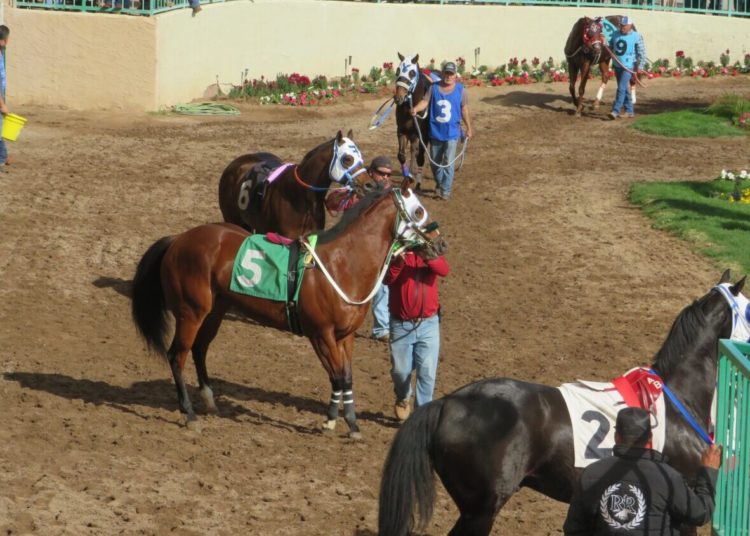At Tulane University, early decision isn’t just a process. It’s practically the brand of its admissions department.
For years, the private university in New Orleans welcomed more than half of its freshman class this way, locking in students months before regular-decision applicants even got a chance. Take Tulane’s class of 2026. About two-thirds of the more than 1,800 freshmen in the class were admitted through early decision, and only 106 with regular decisions, according to a report by Inside Higher Ed. (Others got in through early action, a preferential way to apply without committing to enrolling.)
So when Tulane quietly placed Colorado Academy, a private high school in Denver, on an early-decision suspension for one year, it set off alarm bells. The ban prevented the high school’s next senior class from applying early decision after a student there backed out of an early-decision agreement at Tulane last year.
The message from Tulane, which also paused early decisions at three other high schools it did not identify, was clear: Break the rules and your schoolmates pay the price. But backing out of an early-decision agreement isn’t uncommon, and early decision isn’t legally binding.
While students are expected to enroll if accepted, they can opt out under certain conditions, most commonly because of financial aid concerns. Other reasons may include family emergencies or significant personal changes.
The post An Early-Decision Student Backed Out of Tulane. Tulane Punished the High School. appeared first on New York Times.




